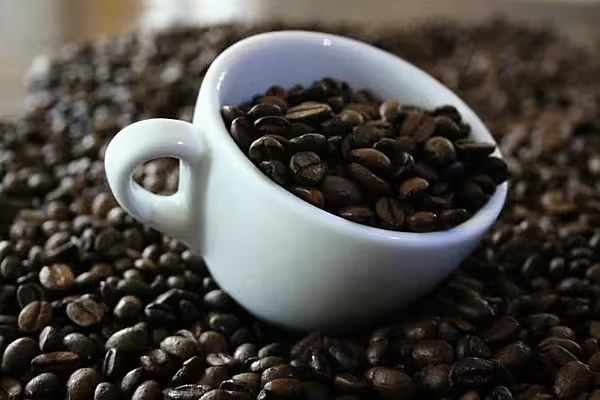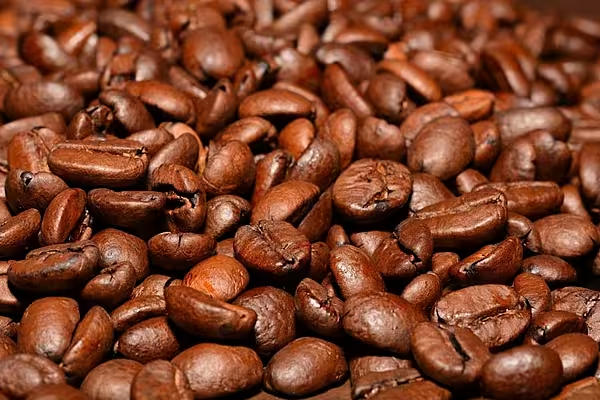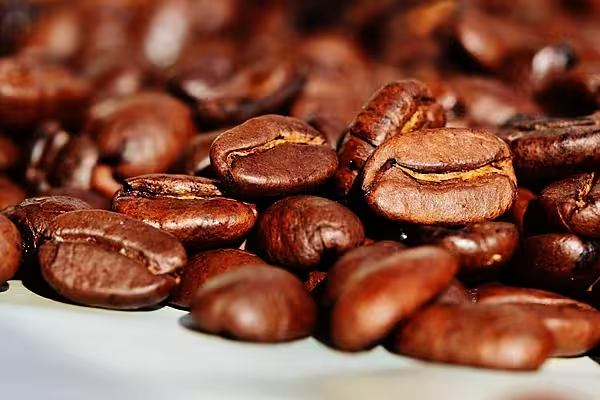Brazilian coffee farmers and experts have downgraded expectations regarding next year's crop in the world's largest producer after a mostly negative post-flowering evolution in many of the areas they oversee.
According to them, initial expectations for an increase in production next year now look dim, with views converging for a crop that would be similar in size to the one harvested this year.
A larger production in Brazil next season was expected by most international traders. It has been one of the factors behind a recent slump in benchmark arabica coffee prices.
"We were expecting an increase in yields (for 2023), but we changed ideas after the flowering development," said Paulo Armelin, who grows 220 hectares of coffee in the Cerrado Mineiro area.
He said trees failed to convert to fruit many of the flowers that appeared when rains returned in October, possibly because they were not healthy enough after a very dry winter in Brazil.
Outlook
Armelin was expecting to harvest around 45 60-kg bags per hectare next year, compared to 27 bags harvested this year. Now, he is seeing next season yields in the 25-30 bags/ha range.
Jonas Ferraresso, an agronomist advising coffee farms in Sao Paulo and Minas Gerais, said many trees lacked enough leaves to sustain the post-flowering period, resulting in smaller fruit loads.
"It will be far from the 2020 record," he said.
Carlos Augusto Rodrigues de Melo, president of Cooxupe, Brazil's largest coffee co-op and the country's No. 1 exporter, told local media this week that the new crop would be similar in size to the previous two, both impacted by adverse weather conditions.
Jose Braz Matiello, a researcher at Fundacao Procafe, shares the views of a smaller-than expected crop next year, saying trees did not have enough energy to hold on to the large flowering, dropping a large part of it before fruits could appear.
News by Reuters, edited by ESM. For more Supply Chain news, click here. Click subscribe to sign up to ESM: European Supermarket Magazine.











